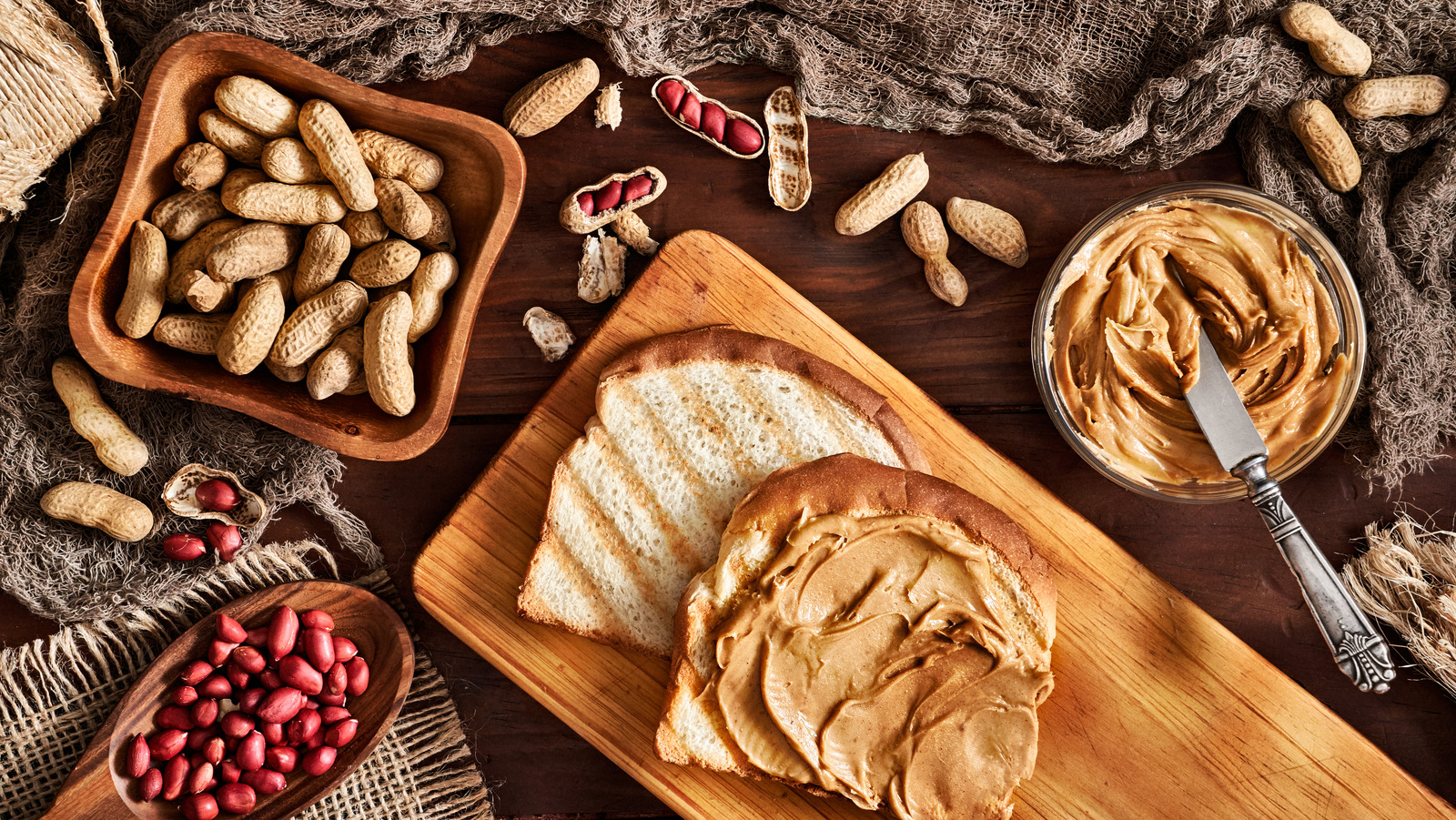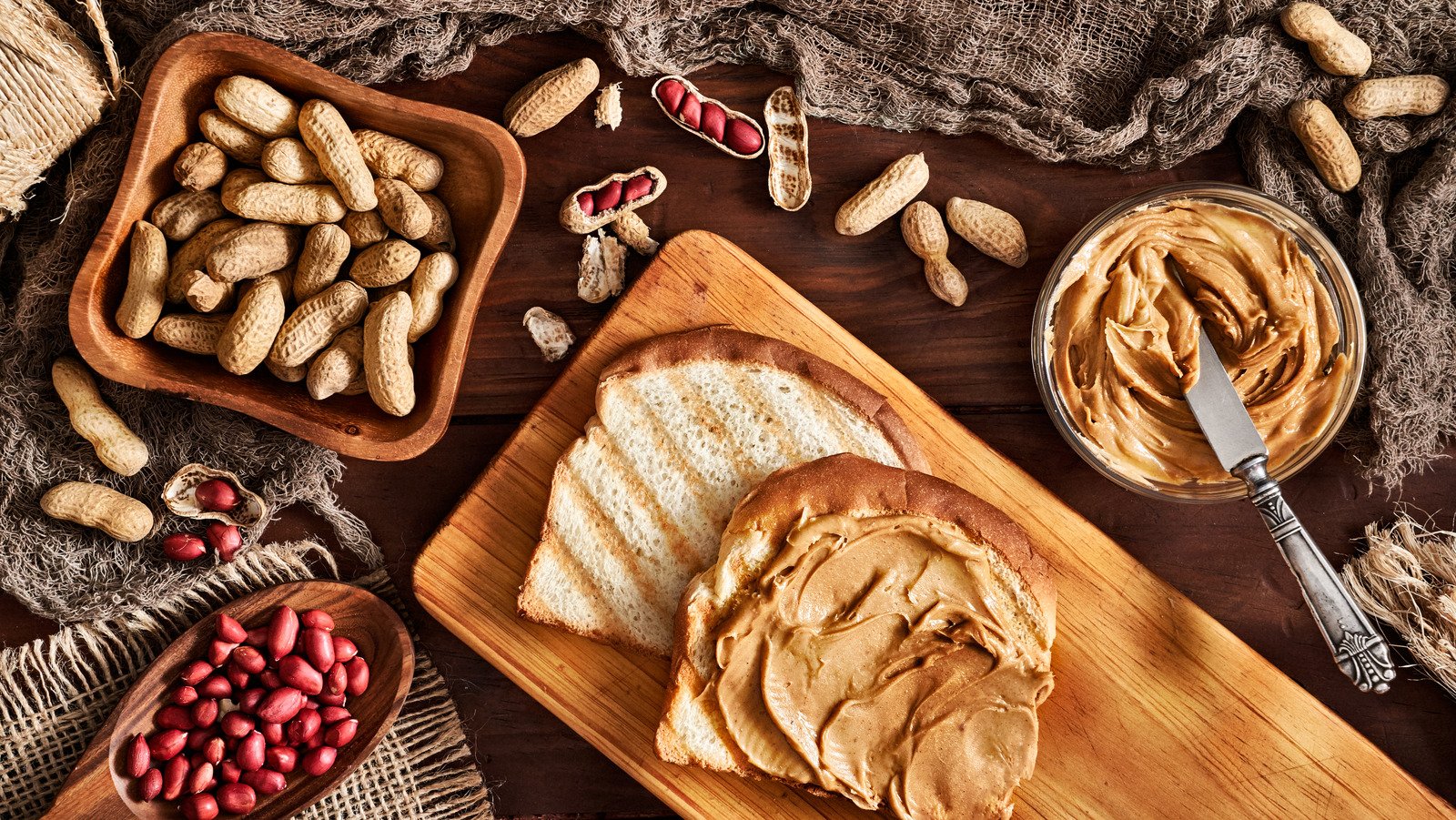[ad_1]

In the 2017 study published in The American Journal of Clinical Nutrition, researchers set out to see if eating nuts and peanut butter influenced a person’s risk for esophageal and gastric cancers. Using data from the NIH-AARP Diet and Health Study, which began between 1995 and 1996 and involved more than 566,000 middle-aged and older adults, the researchers tracked subject cancer rates over a 15.5-year follow-up period. A total of 2,719 esophageal and gastric cancer cases were detected. Additional questionnaire data revealed how often participants ate certain types of foods. The findings revealed that those who ate greater amounts of peanut butter were significantly less prone to gastric noncardia adenocarcinoma in comparison to non-peanut butter eaters. This risk was nearly cut in half per each tablespoon of peanut butter ingested. However, this relationship was not observed for every type of cancer examined in the study.
These findings support the outcomes of alternate studies that have also shown varied results. Researchers from the previously mentioned 2021 scientific review published in Advances in Nutrition outline how one study found a connection between eating peanut butter and reduced cancer risk. Meanwhile, results of a 2019 longitudinal study published in Lung Cancer showed no link between peanut butter consumption and lung cancer risk. However, risk reduction of one lung cancer subtype — small cell carcinoma — was seen amongst men who ate peanuts.
[ad_2]
Source link
